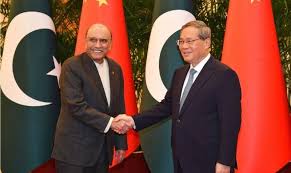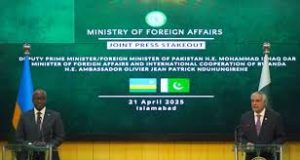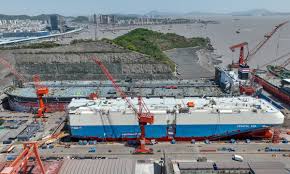Portugal issued 24% fewer work visas to foreigners in last 3 months

Lisbon: Portugal has issued fewer work visas in June, July, and August of this year than in the same period last year.
The number of granted work visas dropped by 24 per cent – from 1,666 to 1,266.
Portugal has implemented an Action Plan for Migration under which foreigners are subject to stricter rules when migrating for work purposes.
Following the implementation of the Action Plan for Migration three months ago, Portugal has significantly reduced the number of work visas granted to foreigners.
As the authorities have revealed, the country issued 24 per cent fewer work visas in June, July, and August of this year compared to the same period in 2023, Schengen.News reports.
As Publico reveals, in June, July, and August 2024, Portugal granted 1,266 work visas to foreigners wanting to take up employment in the country, while in June, July, and August 2023, it granted 1,666 work visas.
Even though the number of issued work visas in the last three months has dropped, data from the Ministry of Foreign Affairs show that Portugal still issued more work visas between January and August 2024 than in the same period last year.
According to the Ministry, from January until August of this year, the country issued 9,262 work visas – around 15 per cent more than in the first eight months of 2023.
The Ministry did not reveal the exact number of work visas issued to different nationalities. However, it said embassies in Luanda, Praia, New Delhi, São Paulo, São Tomé, Bissau, Maputo, Dili, Rio de Janeiro, and Bangkok approved the highest number of work visas.
Under the Action Plan for Migration, Portugal has been applying stricter rules to foreigners wanting to migrate to the country for work purposes.
One of the changes is that citizens of non-EU countries are no longer allowed to migrate to Portugal without holding an employment contract.
This means that any foreigner who is not an EU citizen wanting to enter Portugal to secure a job needs to sign a work contract, obtain a work visa, and then enter the country.
When the tightened rules were announced, the Portuguese Prime Minister, Luís Montenegro, said that this measure is aimed at avoiding excessive abuse of the system.
Moreover, he noted that the country would now focus on attracting foreign talent as well as on introducing a plan that helps foreigners integrate into the society.
As part of several changes, the Portuguese government said that it wants to promote regular migration to the country. The authorities also stressed that special attention would be given to the review of the entry rules to make sure that there is not irregular migration and human trafficking.





